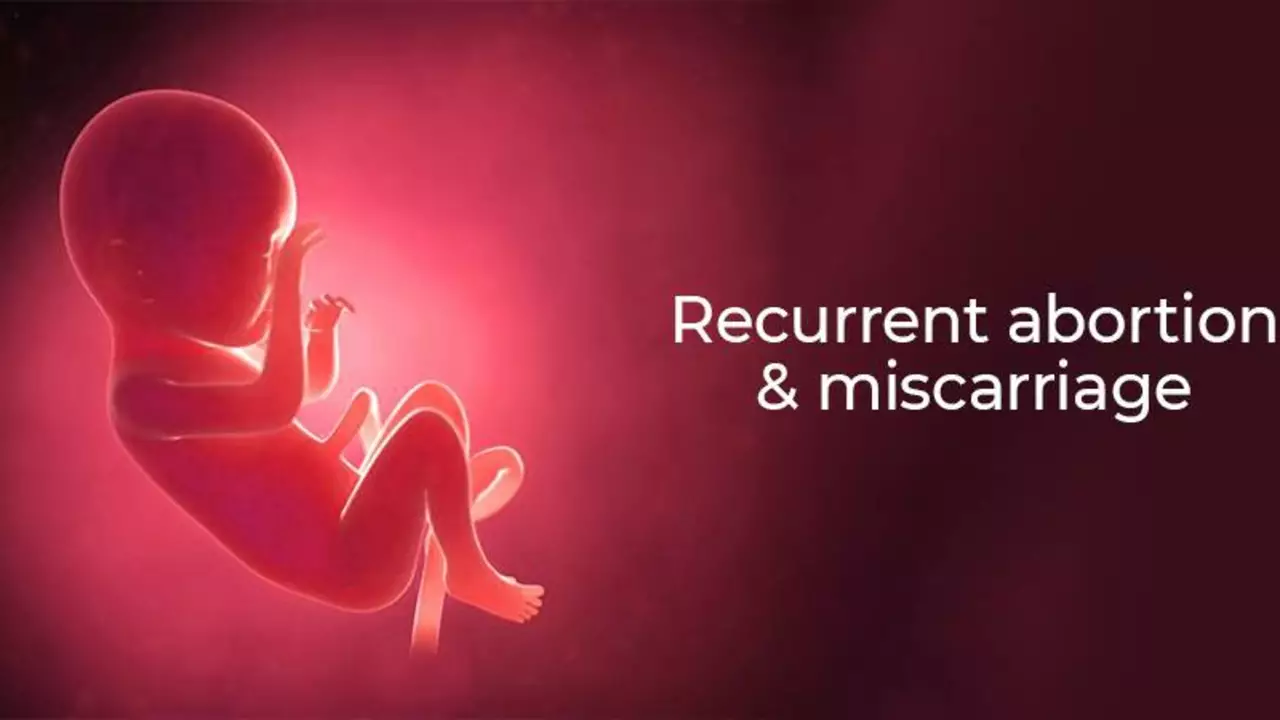Post-Miscarriage Fertility: Practical Steps Before You Try Again
After a miscarriage you probably have one big question: when can I try again? Fertility often returns sooner than you expect, but the right timing isn’t just physical — it's medical and emotional. This page gives clear, useful steps you can take right now to protect your future pregnancy and feel more confident about trying again.
When to start trying — the basics
Many people ovulate within a few weeks after a miscarriage, so conception can happen quickly. That said, doctors usually recommend at least one follow-up visit first. Use that appointment to confirm your recovery, check for infection, and talk about any treatments you had. If you had a medication like methotrexate to manage the loss, you’ll likely be advised to wait several months before conceiving because that drug can harm a pregnancy.
Emotional readiness matters just as much as the body. If grief or anxiety is strong, give yourself permission to wait. Trying while feeling pressured can add stress that makes the process harder.
Medical checks, meds and simple tests
Before trying again, ask your provider about a short checklist: blood type and Rh — you may need a Rh shot if you’re Rh-negative; signs of infection after any procedure; and whether any medications you’re on could affect pregnancy. If you’ve had two or more miscarriages, ask about further testing. That could include thyroid tests, blood sugar checks, or a review for clotting conditions. Your doctor will decide what’s relevant for you.
Take folic acid (400–800 mcg daily) before you conceive to lower the risk of neural tube defects. Stop smoking, cut back on alcohol, and aim for a healthy weight — these changes improve fertility and pregnancy outcomes. If you take chronic medications, review them with your provider; some need switching before pregnancy.
Track your cycle and fertile window using an app, ovulation strips, or by watching cervical mucus. That helps you time attempts and gives useful data if you later need fertility help. If you’re over 35 or you’ve had repeated losses, don’t wait too long to see a specialist — earlier evaluation can speed up answers.
Emotional care: find a counselor or support group, or simply tell friends you trust. Many people feel isolated after a loss; support reduces stress and helps you heal. If you’re working with a partner, share expectations about timing and next steps so you’re on the same page.
Want to read more on related topics? Check articles on recovery and meds on this site, like guidance about methotrexate and safe medication practices. Each person’s path is different — use medical follow-up plus these practical steps to make the best decision for you.

Fertility After Miscarriage: What You Need to Know
In my recent blog post, I delved into the topic of fertility after a miscarriage. I discussed how fertility levels generally return to normal within a few weeks post-miscarriage, but emotional readiness is also crucial for trying to conceive again. I highlighted the importance of professional advice on when to start trying again and how to cope with fear and anxiety. I also touched on the misconceptions about miscarriage affecting future fertility, explaining that it's usually not the case. The post aims to provide a comprehensive outlook, combining medical facts with emotional aspects of such a delicate issue.
Read more